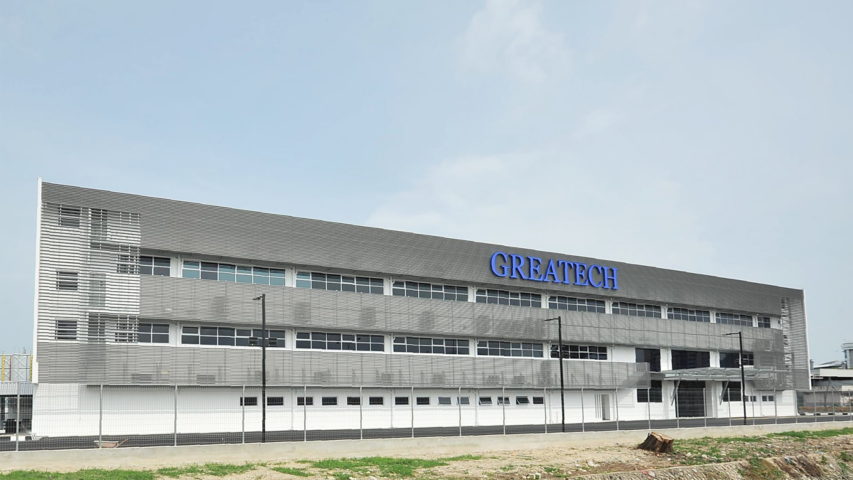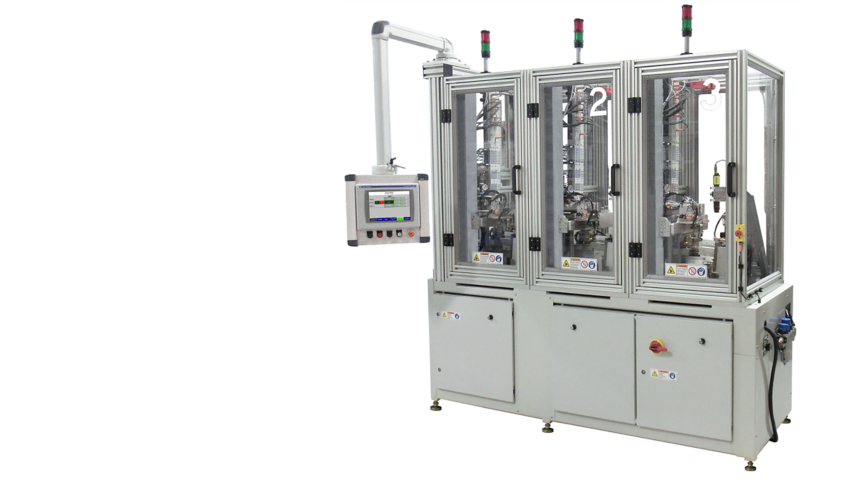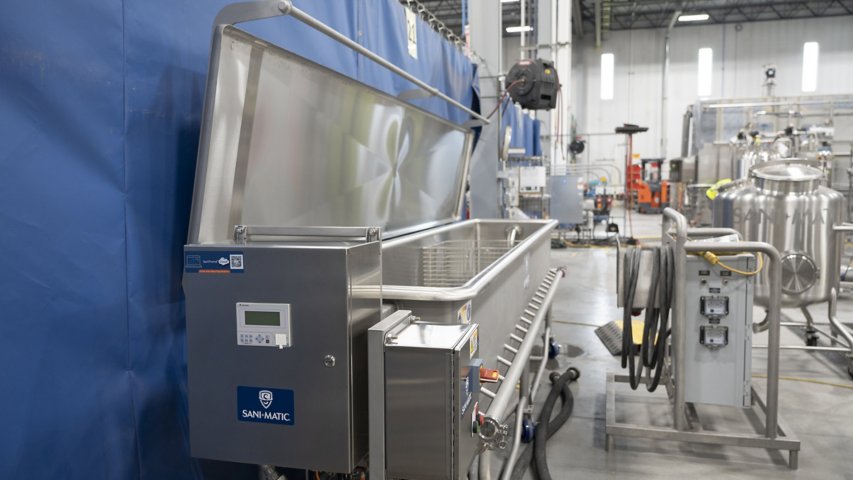For over 20 years, this biopharmaceutical company has pioneered the research and development of therapeutics to transform the lives of people living with diseases for which there are few or inadequate treatment options.
- Reduce paper-based documents and storage
- Eliminate error-prone processes
- Improve data access and analytics
- Reduced batch cycle times
- Increased annual batch production
- Paper savings
- Parallel processing
- Real-time quality verification
- Automatic report generation
- Predictive data analytics
Challenge
Building on its legacy of discovery, this biopharmaceutical leader has a robust pipeline of investigational therapeutics with more than a dozen in clinical development. Critical to that pursuit is their Process Development division.
“We have a small manufacturing division that takes a drug developed in R&D and scales it up to a batch used for clinical trials,” explained the company’s Information Technology Manager. “Over the past 15 years, this division has generated more than two million paper batch records. These records are stored in a dedicated room.”
The company sought an electronic batch records solution that would improve data integrity by eliminating manual processing and related paper-based errors, such as transcription mistakes, missed signatures, and out-of-order production steps. It would also bring all records together in a single location, so records could be searched, compared, and reported upon.
“Our primary goal was to digitize data to reduce the number of errors and make it simpler to search and analyze,” the IT Manager said.
Solution
MES for Process Development
After a thorough and competitive review, the Process Development division selected FactoryTalk® PharmaSuite® as the system they would use to digitize the records. PharmaSuite is a leading Manufacturing Execution System (MES) solution developed specifically for the Life Sciences industry.
Most large companies in the Life Sciences industry are already using PharmaSuite in some capacity. However, this project marked the first time PharmaSuite has been deployed in a Process Development capacity. It was also the first time this customer had adopted any MES technology.
“We felt that starting our MES deployment in the Process Development division would be a good first step in our digital transformation journey,” the IT Manager explained. “We have a very close relationship with our Rockwell Automation Strategic Account Manager and extended Rockwell team. They tailored the MES demonstration to our processes and needs, so it was easy to see the value.”
Upfront Collaboration Improves Outcomes
“Our business team and IT team worked closely with the Rockwell Automation engineers during implementation. It was a continuous process in which we went back and forth until we identified the best configuration,” the IT Manager said.
“To be successful when you deploy a system like this, the business must own the system and the configuration process. When they’re involved in everything from the beginning, they start to learn and understand what’s going on and that helps tremendously with change management.”
IT's role was to provide support. Also crucial were availability and resources from Rockwell Automation team members in the United States and configuration specialists in India.
“Rockwell Automation was holding our hand at all times and jumped in right away whenever there was a need,” the IT Manager recalled. “That gave our users the confidence that if something happened, they weren’t alone and they could continue to produce their batches and digitize the data simultaneously.”
Result
Streamlined Manufacturing
The Process Development division completed the PharmaSuite implementation, including 10 complex recipes and system extensions, in 2023. With the new MES in place, they expect to save 500 pages of paper per product campaign, which equates to more than 3,000 pages a year. They estimate they will reduce batch cycle times from 10 to 8 weeks and produce an additional two batches annually.
“Having the electronic system streamlines the manufacturing process,” the IT Manager said. “Multiple users can work within the system at once. We can perform quality and data verification in real time, instead of after the fact on paper. And we’re able to determine quicker if something is not going to specifications and fix it for that batch as well as subsequent batches.”
Improved Reporting
As users became more familiar with the system, they also identified that they could create a primary batch record report to collect and summarize data. This report, once generated manually over the course of several days, can now be generated in minutes.
“Now at the end of a batch, the team just presses a button, and the primary batch record report appears,” the IT Manager explained.
Data Visibility Makes Future Improvements Possible
With the system’s improved data access and visibility, the customer plans to perform batch analytics and trending to improve predictability. They’ll also expand their use of other PharmaSuite capabilities, including functions that enable the process development division to electronically manage equipment and materials workflow. Processes that were also paper-based.
Next for the customer is developing the use case for deploying an MES in their GMP manufacturing site. The vision is they’ll eventually integrate that MES with their other systems including its ERP, data management and Rockwell Automaton platforms.
“We’re going to integrate these systems so whatever makes sense to be passed from one system to another, will be passed electronically and not double entered manually,” the IT Manager said. “Our Process Development MES implementation is an important first step in our digital transformation and creates a foundation for a synergized manufacturing platform.”
Published April 30, 2024




